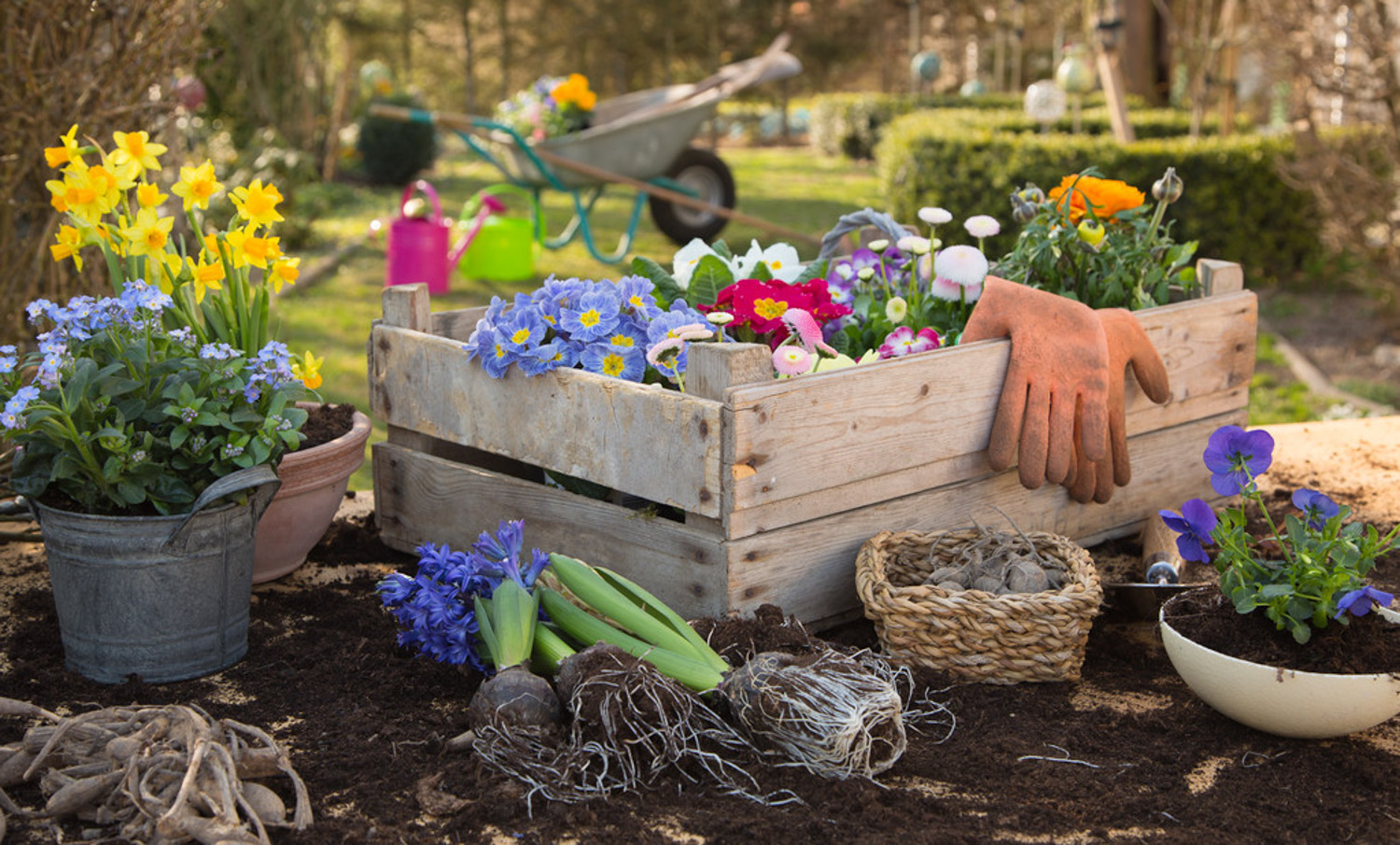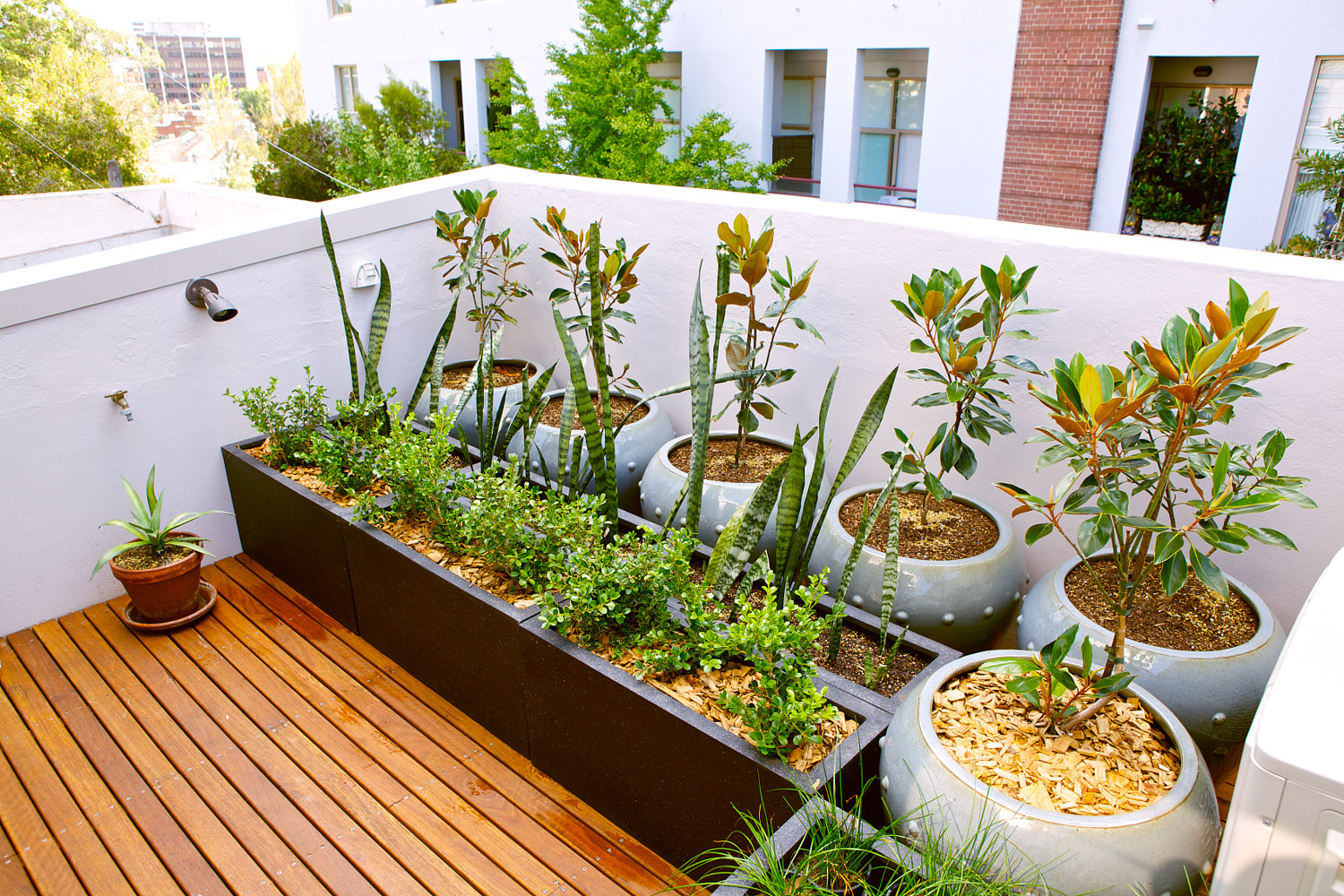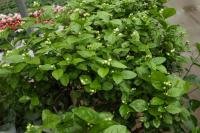Nitrogen fertilizer
Types of nitrogen fertilizer
Nitrogen fertilizer can be divided into animal nitrogen fertilizer and plant nitrogen fertilizer. Animal nitrogen fertilizer, such as human excreta, horse, cattle, sheep and pig feces, fish fertilizer and horseshoe, and plant nitrogen fertilizer, such as bean cake, rapeseed cake, cottonseed cake and sesame residue, belong to organic fertilizer; Inorganic fertilizers such as urea, ammonia, ammonium nitrate and ammonium sulfate are quick acting nitrogen fertilizers, which are generally used as topdressing outside the root, but they are often used, which is easy to cause soil hardening
Effect of nitrogen fertilizer
Nitrogen fertilizer can make trees flourish, increase chlorophyll and supplement nutrition for plant growth. Excessive nitrogen fertilizer will lead to soft plant tissue, long stems and leaves, vulnerable to diseases and insect pests, and reduce the cold tolerance of plants; Too little nitrogen fertilizer will make the plant short, yellow and green leaves, slow growth and unable to bloom

Phosphate fertilizer
Types of phosphate fertilizer
Bone meal, rice bran, fish scales and poultry manure are organic fertilizers containing more phosphorus, while calcium phosphate, phosphate rock powder and calcium magnesium phosphate are inorganic phosphate fertilizers
Phosphate fertilizer action
Phosphate fertilizer can promote the tenacity of plant stems and branches, promote the formation and flowering of flowers and buds, premature fruit, and improve the cold and drought resistance of plants. Plants grow slowly when they lack phosphorus fertilizer, with small leaves, small flowers and fruits, and late ripening fruits

Potash fertilizer
Types of potash fertilizer
Plant ash is a kind of organic potassium fertilizer, which can be used as base fertilizer and topdressing; Potassium nitrate and potassium dihydrogen phosphate can be used for foliar spraying of potted plants
Effect of potassium fertilizer
Potassium fertilizer can strengthen the stems of plants, improve the ability of plant disease and insect resistance, drought resistance and lodging resistance, develop their roots and improve the quality of fruits. Excessive potassium fertilizer will shorten plant internodes, dwarf plants, turn yellow leaves, and lead to death in serious cases; Lack of potassium fertilizer will cause necrotic spots on the leaf edges of plants, followed by scorch and necrosis


 jackfruit
jackfruit snake plant
snake plant hibiscus
hibiscus hydrangea
hydrangea lavender
lavender Green roses climb al...
Green roses climb al... If you don't pay att...
If you don't pay att... Management of four g...
Management of four g...



































